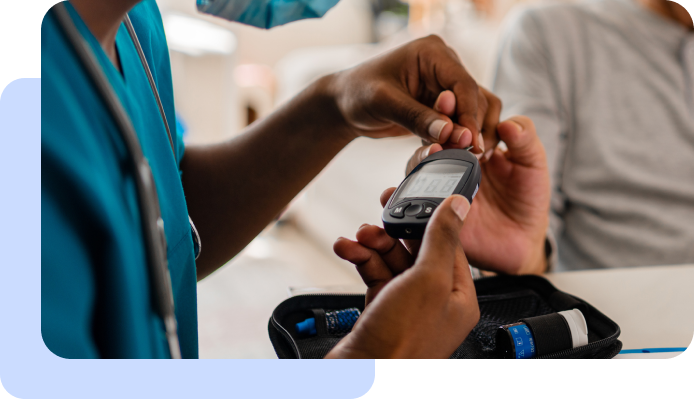
Diabetes
Primary Care for Senior Diabetes
As Hopscotch, we recognize the growing prevalence and unique challenges of managing diabetes in seniors. From understanding the signs and symptoms to navigating medication regimens and dietary considerations, our goal is to empower seniors and their caregivers with the knowledge and resources needed to effectively manage diabetes and live vibrant, fulfilling lives.




